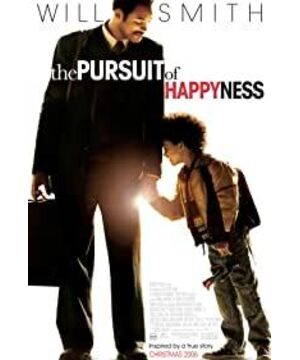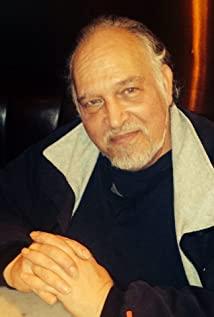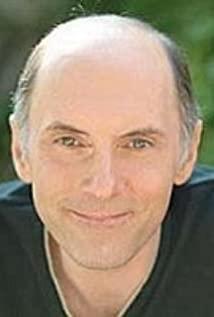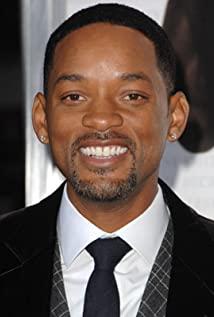Chances in life are always unpredictable, like this movie. But one thing is for sure, Welsh Mies has been waiting since the beginning of the film, as if we audiences had the same life as him. From the beginning of the movie, we have been looking forward to a happy ending, and watching the passage of time, our sad hearts can't avoid crying to the protagonist's encounter again and again. We learned to persevere, and we began to adhere to the twists and turns of the road to success in life like the protagonist without tears.
Comparing other inspirational films (especially Hong Kong films) horizontally, we are always used to magnifying the happy plot, and often downplay the most important "payment" in the "paying theorem". The protagonist's situation is tragic step by step, and our audience's expectations are infinitely enlarged. Mrs. Chris's departure somehow became the opening song of the tormented family. But Chris doesn't show the extreme sadness that many do because he has a dream, a dream that, to outsiders, strays from its century-old education—a stockbroker. Chris won the support of his son. No matter how difficult life is, his son is always Chris's support and of course his dream to live more. After having two dreams of "son" and "securities intern", Chris is definitely rich for the life he is about to start.
The cruelty of the dream to face reality is gradually reflected in Chris's increasingly embarrassing life. From cheap rented houses to car apartments, from car apartments to station toilets, Chris's poor situation is also grabbing the hearts of the audience step by step. . If we say that sympathy is the essence of human kindness, but sympathy also shows the condescending attitude of people. When readers and audiences recognize sympathy, they will also kill the will to life. Just like when we see what happened to the teenagers in "No One Can Be Missed", we will slowly cry, and after being pretentious, the selfish petty citizen mentality will make the audience content with the status quo of life and the satisfaction of their children's education. This is because all our inspirational films do not have high-span dreams in the first place (this is in line with the hierarchical feudal thinking we read deeply), which means that even if the villain takes a step in life, that step can be completed for him, or lag behind society as a whole. Secondly, the tragic encounters of our inspirational films are often based on appearances, and the expressions of grief are exaggerated. It cannot be seen that it is a whole chapter of life, like a patchwork of tragic history. I remember when I was watching "Loach is a Fish," half of my fathers got annoyed and said, "Farmers are miserable, but can't they be so miserable?" Later, he simply ignored it and said, "This man looks like he's going to die. , there should be some scaffolding collapse or something." Later, when he woke up, the few moviegoers who were not many looked at him exaggeratedly, as if they saw a prophet. When I watched "Happiness Knocks on the Door", I felt that Chris's dream was transcendent, and his life encounters were also real and continued, but from beginning to end I saw his optimistic mood and his smiling face when he infected his son Vaguely framed the second "Beautiful Life".
At the end of the movie, when the protagonist finally gets the job of a stockbroker, Chris doesn't have much language, only one sentence that impressed me deeply "Happiness is short-lived". I think Welsh Mies' performance at the end of the film was reborn, mature and restrained, and expressed the beauty of life when he was happy. I applauded with him unconsciously for the kind of self-redemption and self-achievement after struggle. There is no luxury house, no famous car, no rich man's attire, father and son stroll leisurely in the afternoon sunshine, without the busy running before, because happiness has knocked on the door of life...
View more about The Pursuit of Happyness reviews











